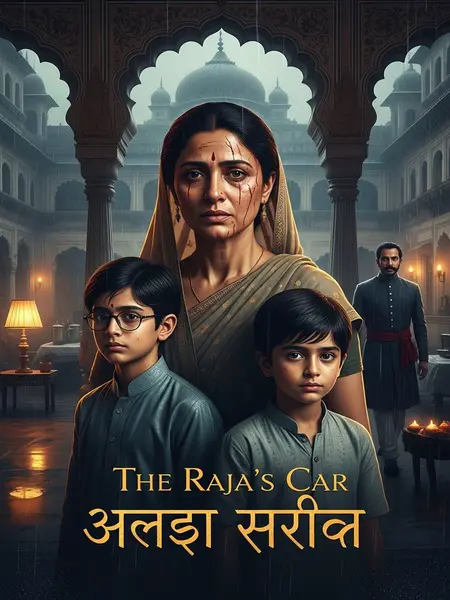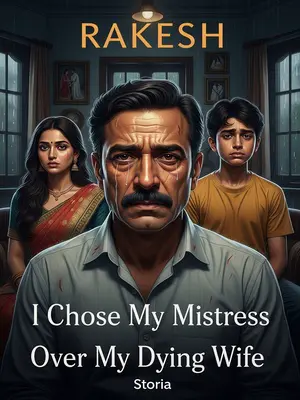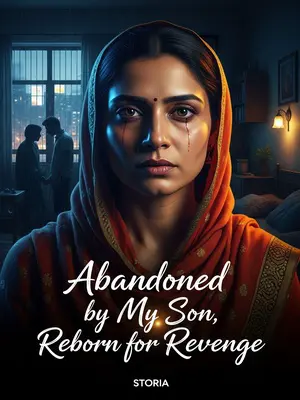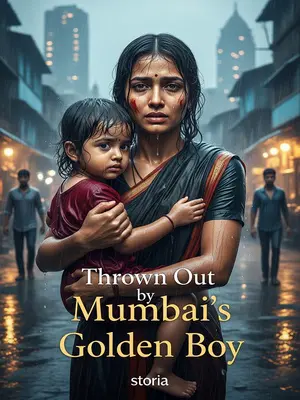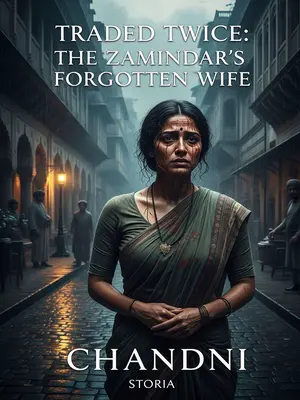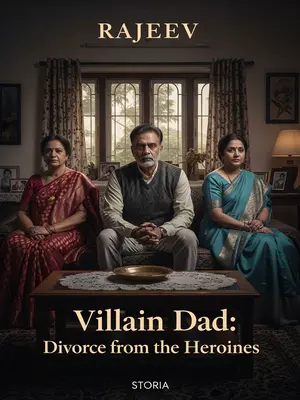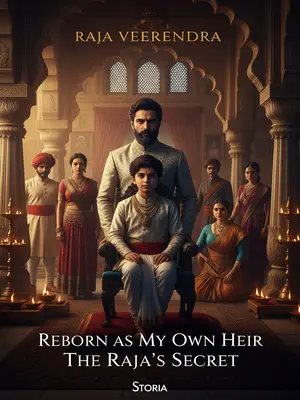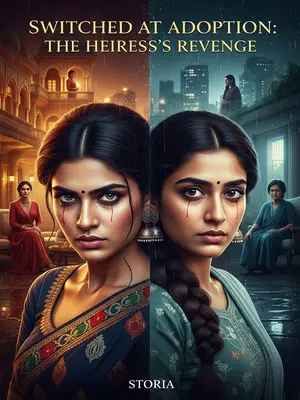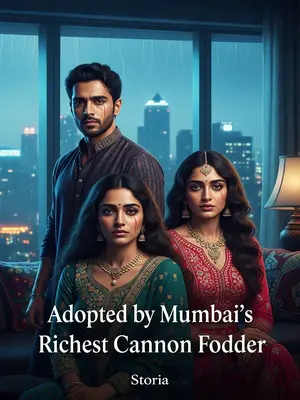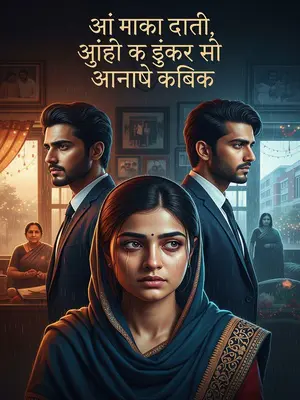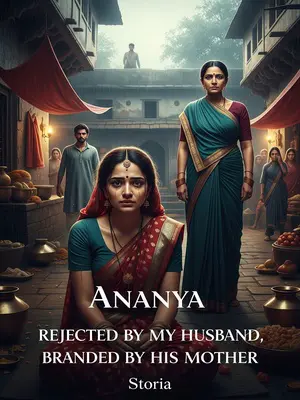Chapter 5: Bonds of the Chosen Family
Major Pratap had been on duty at the army camp outside the city for half a month, so only Aarav and I were at home.
The house felt emptier than usual. Only the ticking of the wall clock and the occasional yowl of street cats broke the silence. My mind replayed the night’s events as I bandaged my forehead.
The oil lamp’s flame stretched long, casting the shadows of one tall and one small figure on the wall.
Sometimes, in that flickering golden light, I imagined we were safe inside a world of our own making—one untouched by the outside cruelties.
Aarav seemed sullen. After carefully applying medicine to my wound, he hugged his knees and sat by the window, the wind making the window curtain flutter.
He looked so small, lost in his own thoughts, framed by the fluttering blue-and-white curtain I’d stitched from an old saree.
"You’ll catch cold." I walked over and closed the window.
I gently tucked a shawl around his shoulders, the way my amma used to do when I was a child. The night air was heavy with the scent of damp earth after the rain.
Aarav looked up, his big brown eyes brimming with unshed tears. He choked out, "Are they going to take you away?"
His voice quivered, and my heart clenched. No child should have to ask such questions, yet his world was already shaped by too much uncertainty.
I told him no. Aarav didn’t seem to believe me. I smiled and said I wasn’t some rare treasure—no one would come to snatch me away.
Aarav shook his head. "You’re so good. You cook medicine for me, teach me to read. Only after Papa brought you home did I know what it was like to have a mother’s warmth. You always think I’m a child and don’t understand things.
"But I can tell good from bad. Those people today, though dressed in finery and riding in big cars, are rotten inside. Maa, don’t go with them. You are a good and pure person; don’t let them defile you."
He buried his face in his knees, sniffling. I stroked his head, feeling the truth of his words settle deep within me. The city’s lights blinked through the window, and the distant rumble of a passing train drifted in.
Everyone used to say I was lowly, that my entering the Raja’s bungalow stained their reputation. Even my own son believed it.
Only Major Pratap and Aarav were different.
Major Pratap took me home, ignoring others’ stares, and married me openly.
The elders in the mohalla gossiped, some in whispers, some with open disdain. But Pratap never faltered. On our wedding day, he invited the neighbours and served jalebis and chai in steel tumblers, unbothered by their curious glances.
"Whether a person is good or not isn’t determined by birth or gossip, but by their heart."
That night, he’d seen me lying weak in the rain, clutching half a samosa given by a kind passerby, yet not eating it—sharing it with a little beggar beside me.
He said, "At that moment, I thought you were very good—purer than rain-washed earth."
As for Aarav, hearing such clear words from a child so young, I was deeply moved.
The teacher at the school often praised Aarav’s intelligence, saying he would surely excel in the board exams. But with me, he was always quiet.
Perhaps because he lost his mother young, and his father was a reserved man, he kept many things to himself.
But today, faced with hardship, it was as if he suddenly stepped out from behind his inner walls. He still looked like a child, but his heart saw more clearly than many adults.
I felt comforted, stroking his soft black hair. "Our Aarav will definitely have a bright future."
Aarav’s eyes widened with seriousness. He promised, "I will succeed and make Maa proud."
I smiled.
The corners of his lips finally turned up, the heaviness in the room lightening for a moment. My soul felt soothed, as if the burden I carried was halved.
"Before that, just grow up safely."
Aarav broke into a smile through his tears and raised his hand. "Let’s make a promise—Maa must always stay with me and Papa."
We linked our pinky fingers, the promise sealed in the flicker of lamp light. Somewhere outside, a dog barked, and the city kept spinning.
The shadows on the wall swayed gently, two hands softly coming together.
So it turns out, people without blood ties can still form bonds that are hard to break.
